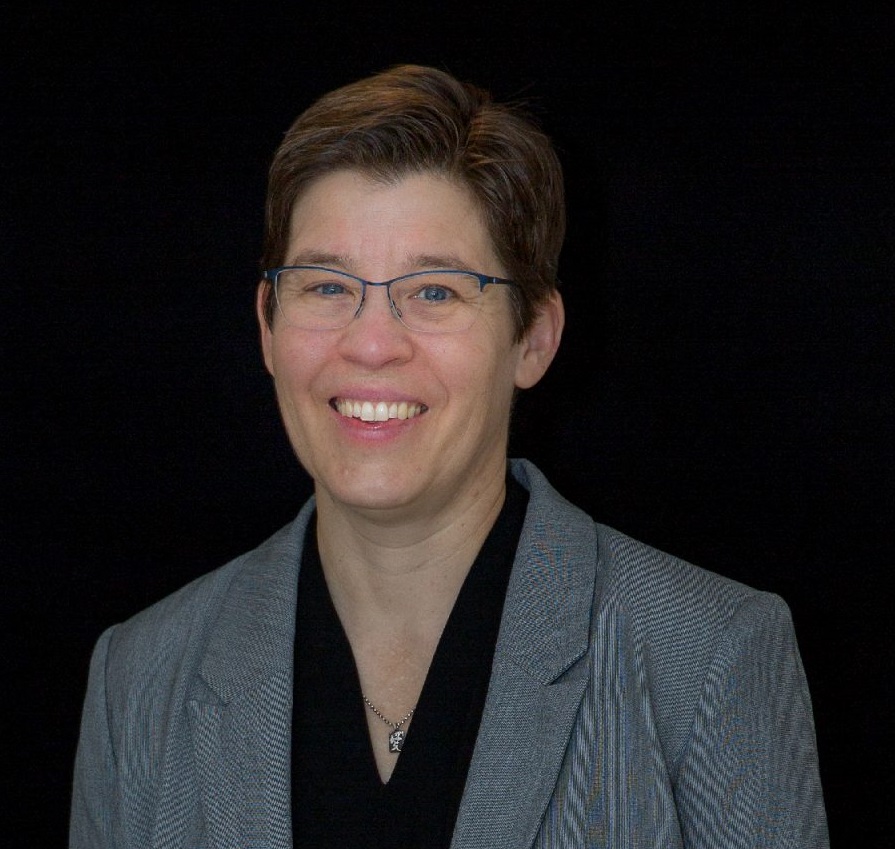Jennifer Lewis receives a 2023 Honorary award from École polytechnique fédérale de Lausanne
2023 Doctor Honoris Causa Award
By Carole Mezian
July 12, 2023
Harvard MRSEC researcher Jennifer Lewis has been selected for the Doctor Honoris Causa 2023 laureate from École polytechnique fédérale de Lausanne (EPFL). Jennifer and her team contributed significant digital assembly advances in creating vascularized human tissues through the close integration of stem cell biology, organoid building blocks, and bioprinting.
Each year, EPFL awards the title of Doctor Honoris Causa to preeminent researchers and other figures who have made a significant contribution to science and engineering. Professor Lewis will receive her honorary award, and provide a lecture at the EPFL Campus Lecture in Switzerland at EPFL, December 4, 2023.

Jennifer Lewis, Harvard University
Harvard's NSF-MRSEC IRG I: Programmable Multiscale and Multi-Material Control of Functional Soft Matter
Award: Doctor Honoris Causa award for 2023 at EPFL
About EPFL Campus Lecture: "Printing Soft and Living Matter in Three Dimensions"
The ability to model soft and living matter in three dimensions is of fundamental importance for several emerging applications. During her acceptance talk, Jennifer Lewis described the design of printable materials for direct and integrated 3D printing. It presented representative functional and structural inks as well as sophisticated print heads for the manufacture of flexible objects such as sensors, actuators, and even robotic components.
At the Harvard MRSEC IRG I where Professor Lewis focuses her research, she is a leader in the materials research and engineering fields and provides expertise in soft matter, microfluidics, and additive manufacturing. She has authored more than 150 papers and 30 patents, including some papers listed with the Harvard MRSEC Publications 2014-2021.
Professor Lewis is the Hansjorg Wyss Professor of Biologically Inspired Engineering with the Harvard John A. Paulson School of Engineering and Applied Sciences (SEAS). Research areas include Applied Physics, Bioengineering, and Materials and Mechanical Engineering.
Citations:
Jennifer Lewis, Wikipedia
EPFL History
